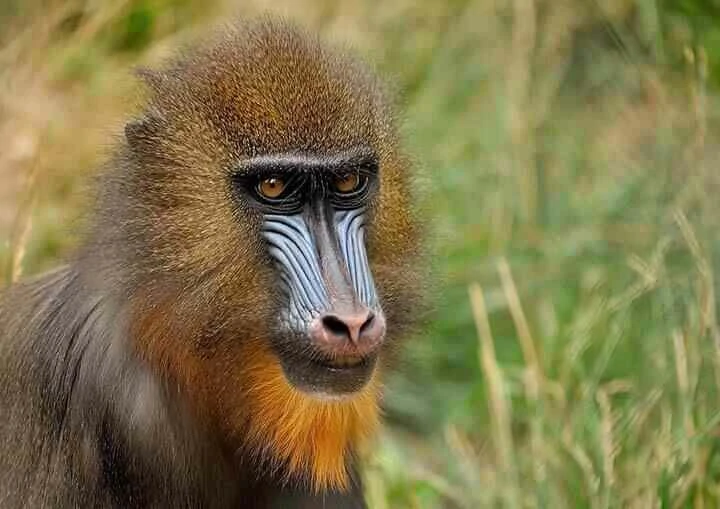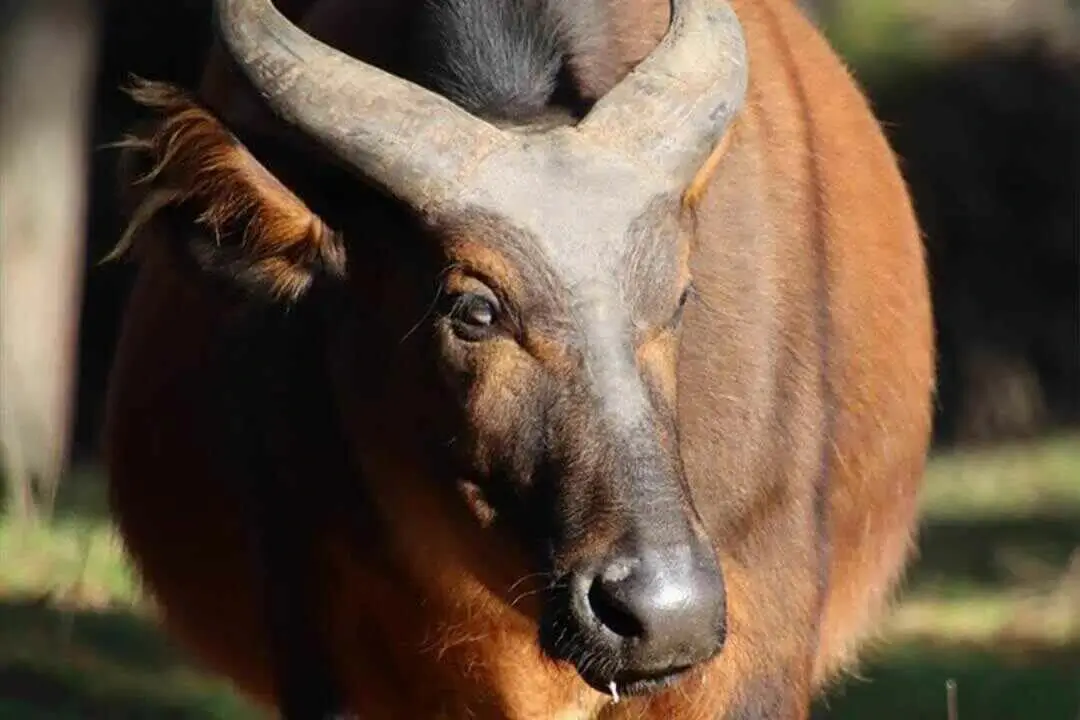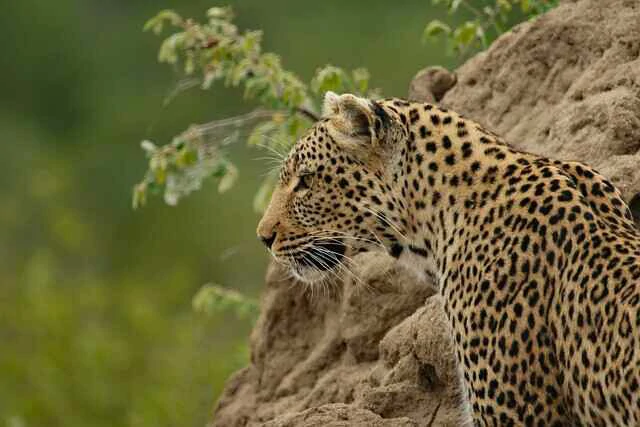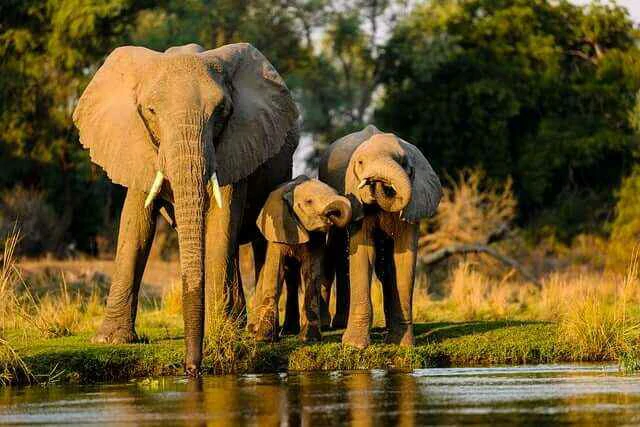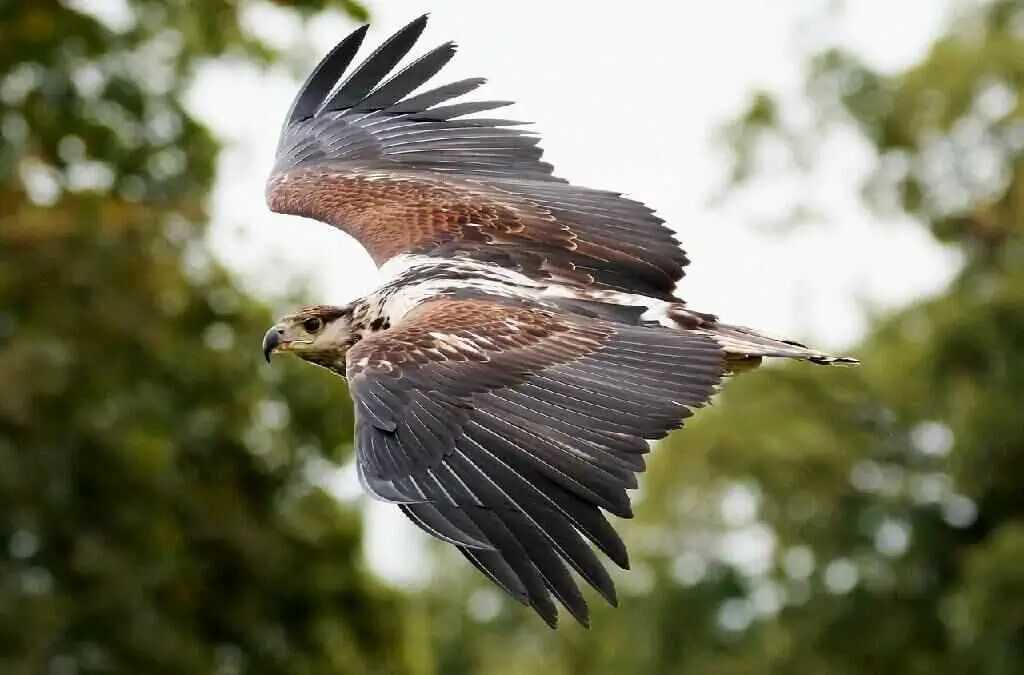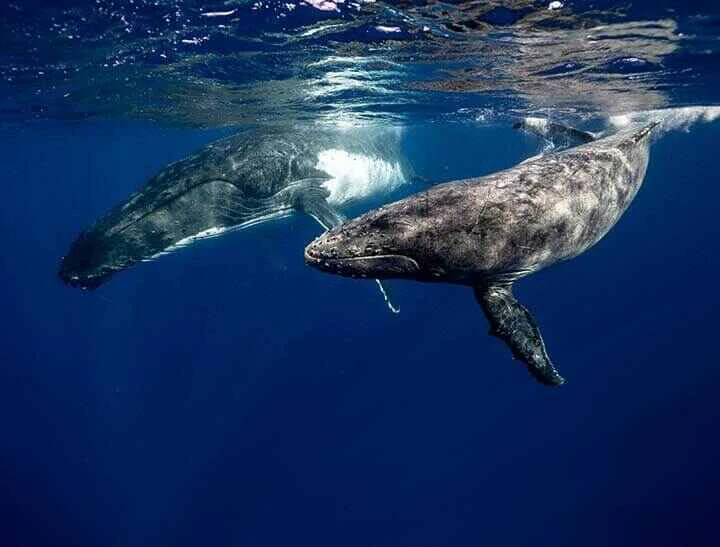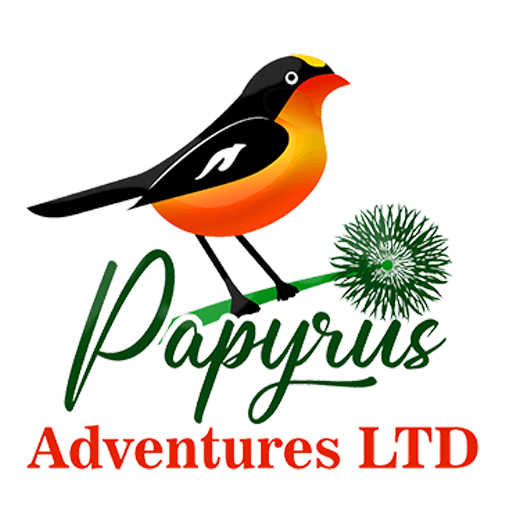Wildlife in Conkouati Douli National Park
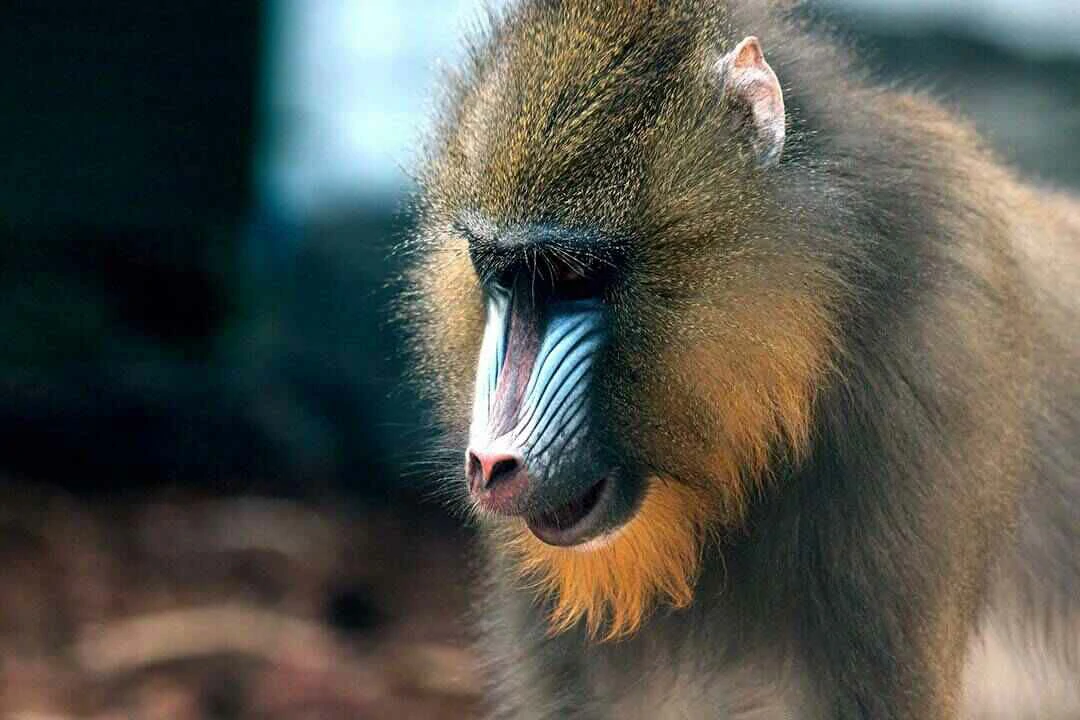
Mandrill
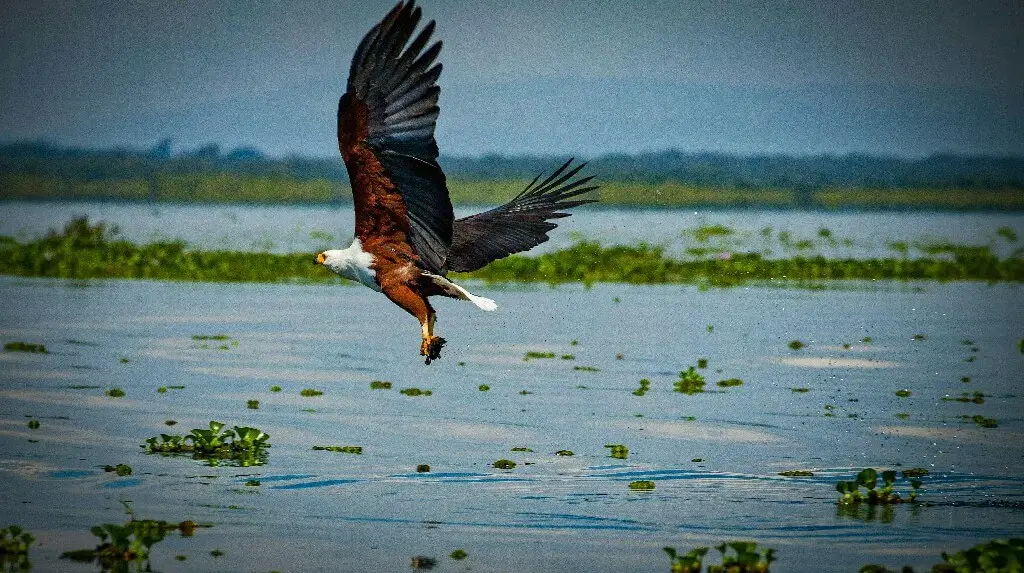
African Fish Eagle
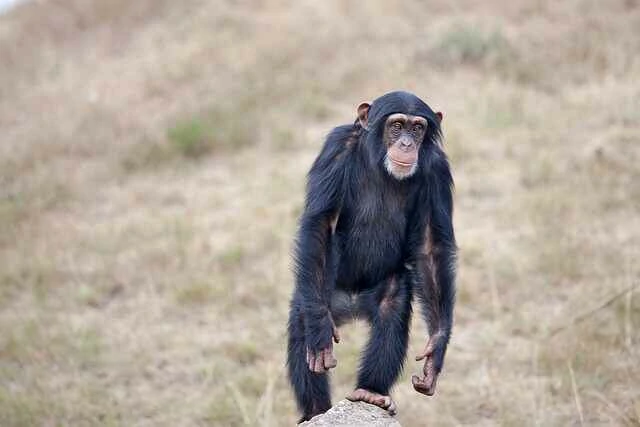
Central Chimpanze
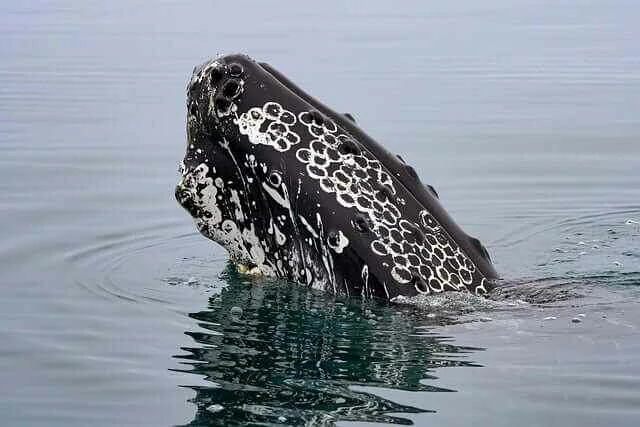
Humpback Whale
The Conkouati Douli National Park is a coastal national park in the Republic of the Congo. It is located in the country's Kouilou Department. The park is UNESCO recognized and was established on August 14, 1999, by a Presidential Decree. The national park encompasses an area of 504,950 hectares. The park features a wide variety of habitats including floodplain forests, lagoons, common mangroves, lakes, savannahs, etc. The Conkouati Douli National Park is the only marine protected area in the Congo region. Conkouati Douli National Park is Congo's most bio diverse park, located on the Atlantic coast in the southwest. Conkouati shares a northern boundary with Gabon's Mayumba National Park, constituting the Mayumba Conkouati Transfrontier Park. The protected area's boundaries run from the depths of the Atlantic Ocean to the mountainous zones of the Mayombian forest and the Niari savannah, passing through beach and coastal environment, lagoons and mangroves, savannah and wetlands.
Wildlife
It is home to an astonishingly wide range of wildlife, including marine species such as manatees, turtles, dolphins, and whales, as well as many vulnerable terrestrial species such as forest elephants, gorillas, chimps, mandrills, and forest buffalo. Conkouati has 35% of Congo's coastline, making it one of the largest. It also is an important home to the primates of Congo. It houses 8,000 central chimpanzees, 2,000 Western lowland gorillas, 1000 forest elephants, and numerous species of wetland and migratory birds. It is also designated as a RAMSAR site. Also, leopards, elephants, bushpigs, mandrills, sitatungas, and more are found here. The notable aquafauna of the national park includes endangered turtles and dolphins as well as around 50 humpback whales. The ecosystems of Conkouari face considerable threats from mining, logging, commercial fishing, and the petroleum industry.
The Parc National Conkouati Douli is much distinct from the preceding two reserves. This 5,049-square-kilometer coastal region spans from the Atlantic Ocean's beaches, where turtles climb ashore at night to lay eggs, across a strip of grassland, and up into jungle-clad mountains, where timid groups of gorillas, chimps, and elephants slink through the darkness. The years of fighting meant that conservation was low on the government's priority list, and as a result, this park, with its wide landscape and easy access, suffered more than most from human encroachment and poaching. The park is connected to Pointe Noire by one road that splits at the park boundary into a coastal leg road that elongates the coast and dissects the park and a forest road that elongates the South-eastern boundary of the Park. Some 28 villages house 7000 people evenly spread along the coastal road and the forest road. Demographic growth is slow around the park due to an exodus of the young to the nearby city of Pointe Noire.
Chimpanzee
The park also has a chimp rehabilitation facility where visitors may watch juvenile chimpanzees who have been orphaned due to poaching being restored to life in the wild. Because the animals in these areas are not accustomed to humans, sightings are considerably briefer than in the northern forest parks. However, as poaching levels fall, wildlife will become less scared and encounters will become more regular.
Flora and Fauna
The park covers 1.2 million acres along the coast of the Republic of Congo, where the Atlantic Ocean meets the Central African tropical rainforests. It protects mountains, forests, savannahs, lagoons, and mangroves, as well as critically endangered animals like as forest elephants and western lowland gorillas, as well as 400 bird species and over 1,000 plant species. Migratory birds migrate to the Congo and may usually be seen around the banks of the Noumbi River. There are many aquatic birds on the ocean's coasts. Among the intriguing birds to see are the hairy slit faced bat, Senegal coucal, and blue breasted bee-eater. The Conkouati Douli National Park is home to 298 different bird species. There are many primates, including the colorful mandrill, western lowland gorillas, chimps, and vervet monkeys. The Congo rainforests provide a great home for these primates.
The People
Roughly 7,000 people reside in and around the park in 28 communities. Vili is one of the ethnic groups represented. They are still firmly rooted in traditional ideas and behaviors relating to their natural surroundings.
Leatherback Turtles
Conkouati's beaches are among the most important in the world for nesting leatherback turtles. Turtles of five distinct species nest on the park's beaches. Other intriguing aquatic life to see includes luminous fish, manatees, whales, and humpback dolphin schools. Mammals commonly seen include the sitatunga and red river pigs. The area's buffalo and woodland elephant populations are growing, and sightings are becoming increasingly common. In prior years, the figures had plummeted dramatically.
Activitives at this park
Wildlife watching and primate walks
Many endangered species are found there, such as the central African chimpanzee, the African forest elephant, the mandrill, the western lowland gorilla, the leopard, and the African manatee.
Boat Cruise
Boat cruises in motorised pirogues on the Noumbi River introduce visitors to birdlife nesting in reed-lined shores, providing a unique way of seeing unusual terrain. There are also areas where tourists can fish—these fishing safaris need to be arranged before arrival.
Bird watching
Conkouati Douli National Park is a birder's paradise. The remote region means that avid birders can potentially spot lifers and unique migratory birds on the checklist. Birdwatching safaris in this part of the Congo are popular.
Excursion to watch whales and turtles in the ocean.
Whales, dolphins, manatees, and leatherback turtles can be spotted on the beaches in the national park. Guided walks to try and find them are also one of the main activities in Conkouati Douli National Park.
How to Access the Park
Conkouati Douli national park is located north of Pointe-Noire, a port city and oil industry hub in the Republic of the Congo. The easiest method to get to this region is via charter aircraft from Brazzaville, and then by car from Pointe-Noire.
Location
4G73+Q8G, Sexcello, Congo - Brazzaville
Size
5,050 km²
Do You have any Questions?
Our Experts are ready to provide answers
Travel With Us
When considering your next adventure, Papyrus Adventures stands out as the ideal travel companion, offering a comprehensive package of benefits that ensure an unparalleled experience.
Best Price Guaranteed
With our "Best Price Guaranteed" policy, you can rest assured that you are getting the most value for your investment.
Professional Safari Guides
Our commitment to excellence extends to our team of "Professional Safari Guides," who possess extensive knowledge and expertise, ensuring a journey filled with insightful and unforgettable moments.
Locally Owned Company
Papyrus Adventures is deeply rooted in the destinations we explore, allowing us to provide authentic and immersive experiences that showcase the rich cultures and landscapes of each location.
24-7 Customer Support
our "24-7 Customer Support" ensures that your needs are met around the clock, providing peace of mind and a safety net for any unforeseen circumstances.
